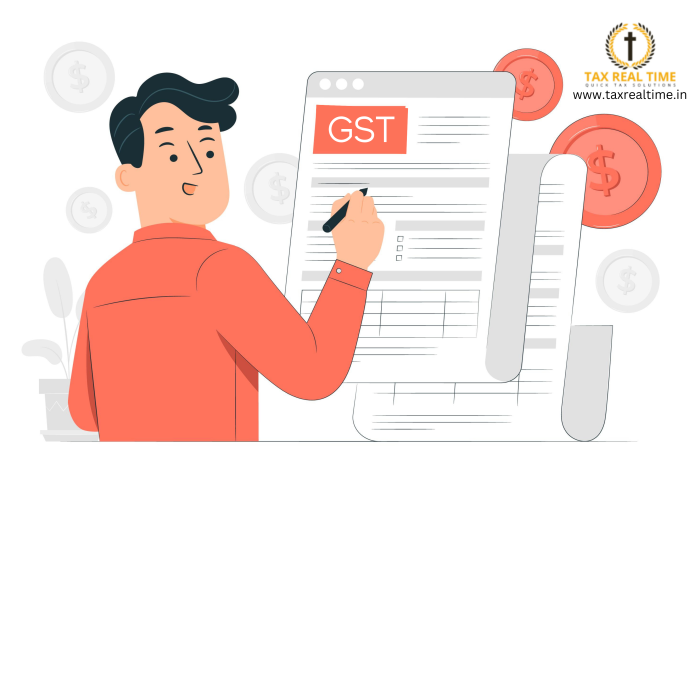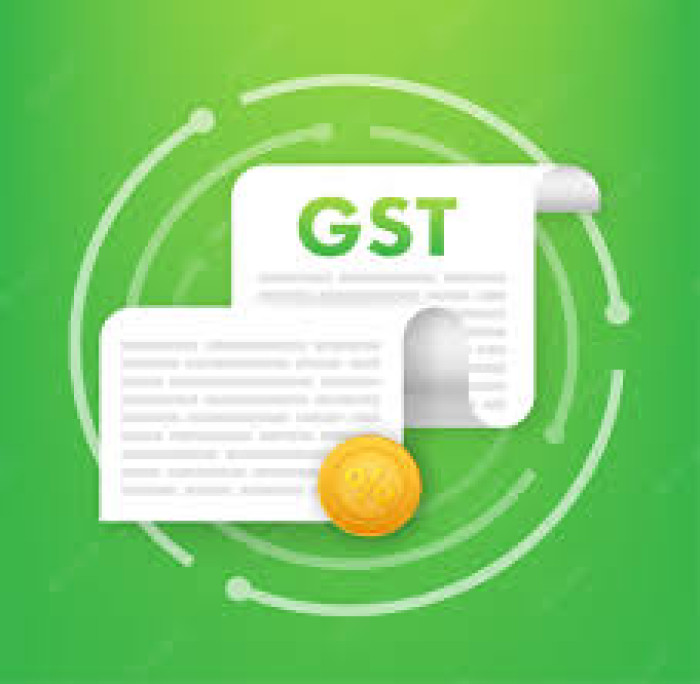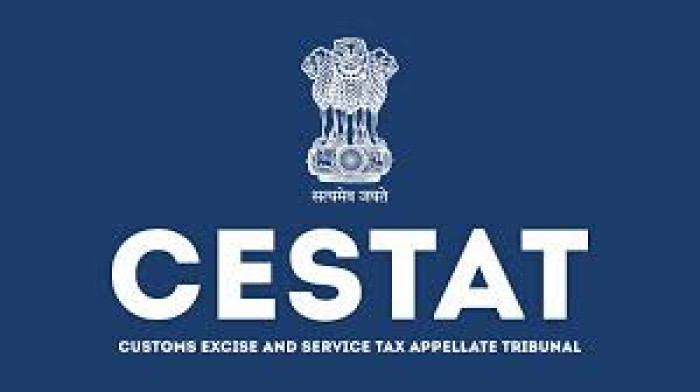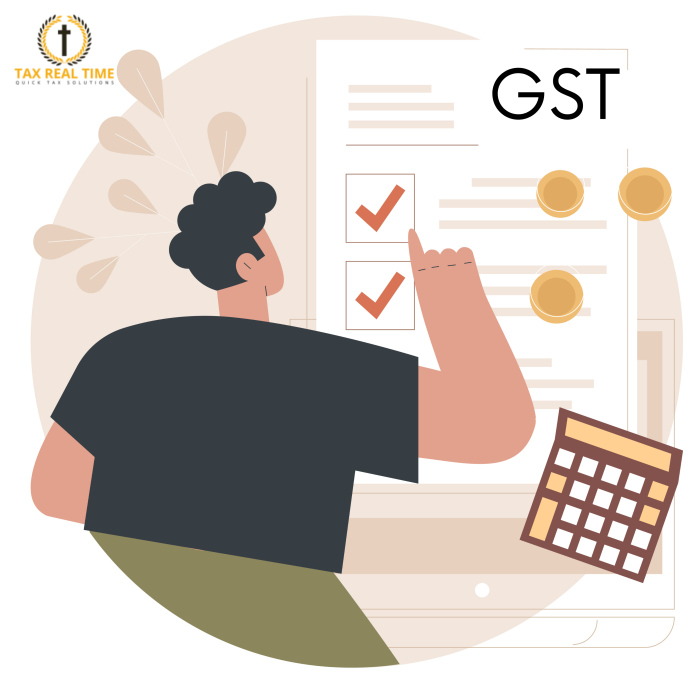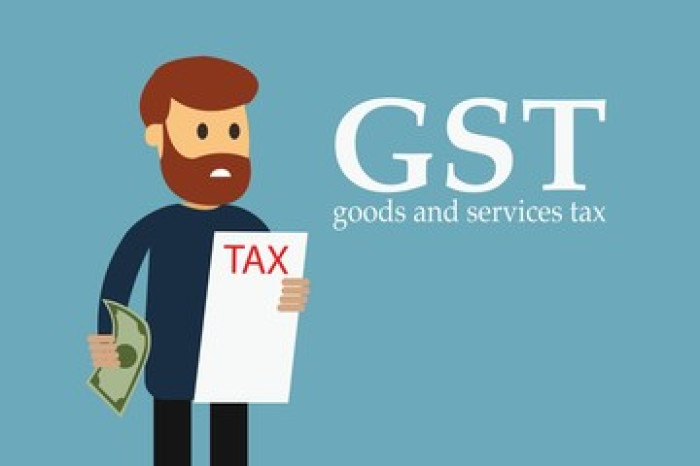GST - Allahabad High Court: Initiating proceedings against a dead person is impermissible, notices must be issued to legal heirs if liability is to be enforced [Order attached]
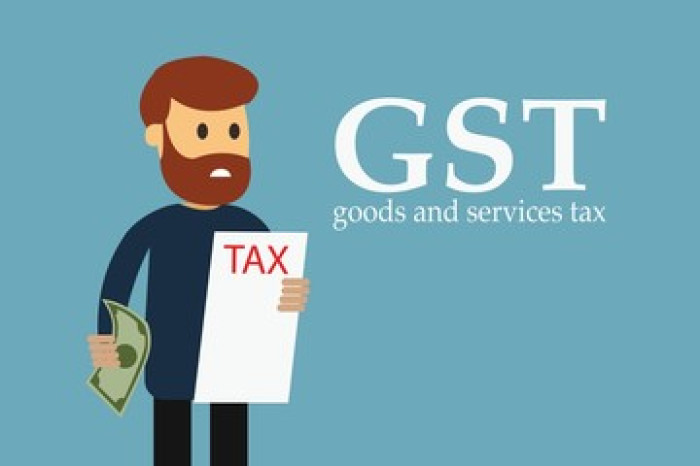

The Allahabad High Court has ruled that show cause notices (SCNs) and orders issued under Section 74 of the GST Act against a deceased proprietor are invalid. This decision came in the case of Shubhangi Gupta v. State of U.P. & Others, where the petitioner, the widow of Ankur Gupta, challenged the actions of the authorities who issued SCNs and passed orders against her deceased husband, despite his GST registration being canceled following his death in February 2019.
After Ankur Gupta's death, his wife successfully applied for the cancellation of his GST registration, which was approved in July 2019. However, authorities continued to issue SCNs and orders against him, leading to the legal challenge. The petitioner argued that proceedings could not be legitimately conducted against a deceased individual, referencing a similar ruling in the case of Amit Kumar Sethia (Deceased) v. State of U.P.
The court clarified that while Section 93 of the GST law addresses the liability of legal representatives, it does not permit proceedings against someone who has passed away. It emphasized that any such proceedings should be directed towards the legal heirs if there is a need to enforce liability. Consequently, the court quashed the SCNs and orders issued against the deceased and allowed the authorities the option to initiate fresh proceedings against the legal heirs in accordance with the law. The writ petition filed by Shubhangi Gupta was thus allowed, reinforcing the procedural requirement to address legal heirs in such cases.
Your free trial / membership plan is expired.
Kindly subscribe to get complete access to indirect tax updates and issue wise cases
Why subscribe to us ?
Get complete access to news updates and download copy of case laws/ notification/ circular etc.
Be a part of our WhatsApp group and read real time indirect tax updates
Access to ready case laws of General Issues and Industry Wide Issues under GST
Access to relevant provisions of law / circular in respect to the issues, along with trail of their amendments
Write your GST query to us for evaluation
Subscription Charges:*
Indirect tax updates -
6 months @299 / 1 Year @499 only
Indirect tax updates + Issue wise cases -
6 months @1199 / 1 Year @1999 only
*Plus applicable GST
Admin
11-Sep-2025 23:16:54
The Allahabad High Court has ruled that show cause notices (SCNs) and orders issued under Section 74 of the GST Act against a deceased proprietor are invalid. This decision came in the case of Shubhangi Gupta v. State of U.P. & Others, where the petitioner, the widow of Ankur Gupta, challenged the actions of the authorities who issued SCNs and passed orders against her deceased husband, despite his GST registration being canceled following his death in February 2019.
After Ankur Gupta's death, his wife successfully applied for the cancellation of his GST registration, which was approved in July 2019. However, authorities continued to issue SCNs and orders against him, leading to the legal challenge. The petitioner argued that proceedings could not be legitimately conducted against a deceased individual, referencing a similar ruling in the case of Amit Kumar Sethia (Deceased) v. State of U.P.
The court clarified that while Section 93 of the GST law addresses the liability of legal representatives, it does not permit proceedings against someone who has passed away. It emphasized that any such proceedings should be directed towards the legal heirs if there is a need to enforce liability. Consequently, the court quashed the SCNs and orders issued against the deceased and allowed the authorities the option to initiate fresh proceedings against the legal heirs in accordance with the law. The writ petition filed by Shubhangi Gupta was thus allowed, reinforcing the procedural requirement to address legal heirs in such cases.
Order date: 04 Sept 2025
Parties: Shubhangi Gupta v. State of U.P. & Ors.
Facts -
- The petitioner is wife of late Ankur Gupta, proprietor of Modern Steel Traders, who died on 21.02.2019. She applied for cancellation of GST registration, which was approved on 08.07.2019.
- Despite this, the authorities issued SCNs in 2021, 2022, and 2023, and passed ex parte order under Section 74 against the deceased.
- The petitioner challenged them, citing that determination cannot be made against a dead person. Reliance was placed on Division Bench ruling in Amit Kumar Sethia (Deceased) v. State of U.P. (2025), which held SCNs/orders against deceased are unsustainable.
Issue -
- Whether SCNs and orders under Section 74 issued against a deceased proprietor, despite cancellation of registration, are valid under GST law?
Order -
- The Court held that Section 93 deals with liability of legal representatives but does not authorize determination proceedings against a deceased person.
- Initiating proceedings against a dead person is impermissible; notices must be issued to legal heirs if liability is to be enforced.
- The SCNs (25.09.2021, 22.02.2023, 07.08.2023) and orders (06.07.2023, 04.10.2023, 14.11.2022) were quashed. Authorities were given liberty to proceed afresh against the legal heirs in accordance with law. The writ petition was allowed.
Related Post
Post Category
Your free trial/ membership plan has expired. Kindly subscribe to get complete access of tax news updates.

Why subscribe to us ?
Get complete access to news updates
Access to the Order Copy of the case law/ Notification/ Circular etc
Be a part of our Whatsapp group and read real time tax updates
Access to ready case laws/ circulars on general and industry-wide issues under GST
Submit your GST issues to us for evaluation








